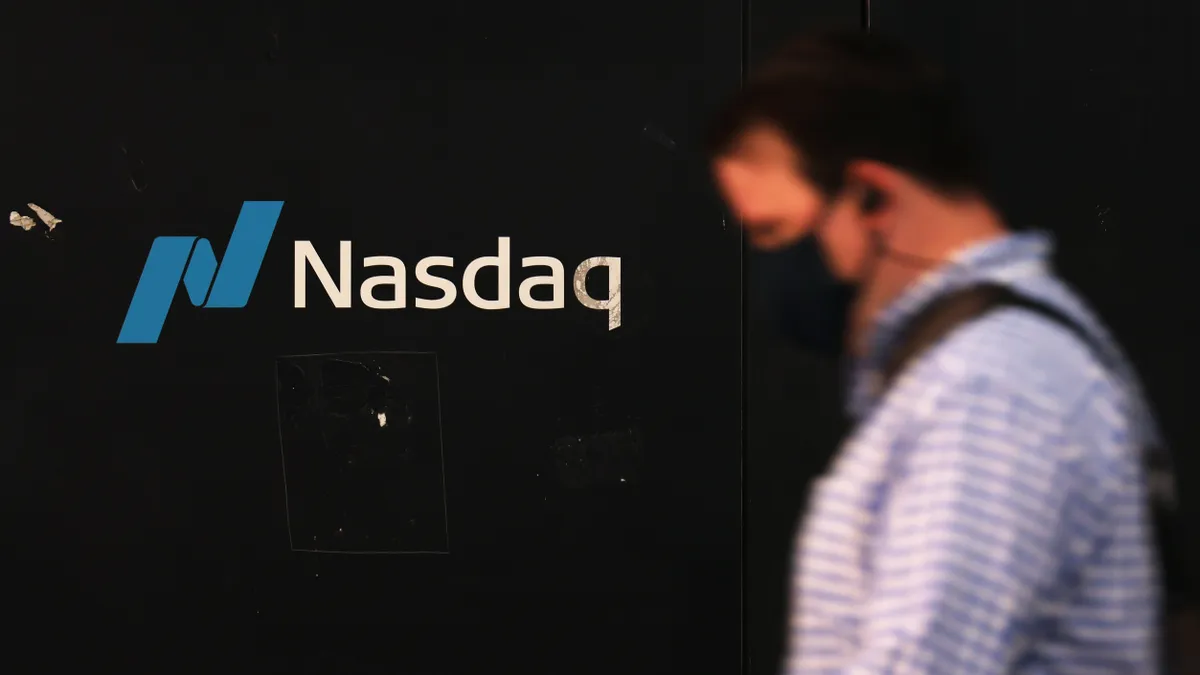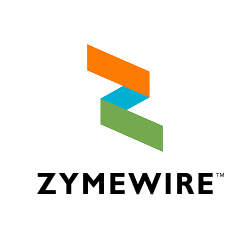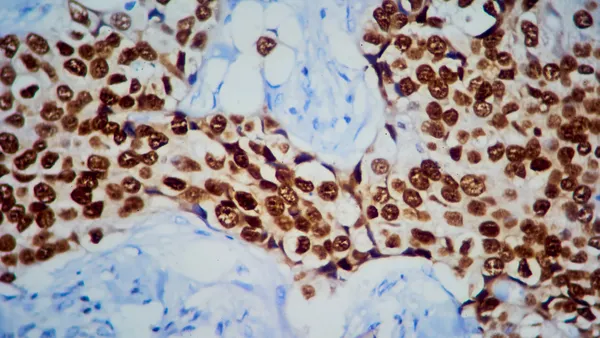Dive Brief:
- New results from a small study of Viking Therapeutics’ oral obesity drug raised expectations among Wall Street analysts that the experimental tablet could prove superior among the growing ranks of would-be competitors to the popular weight loss treatments Wegovy and Zepbound.
- The updated data, presented over the weekend at a medical conference, showed treatment with the highest dose of Viking’s drug led to an average weight loss of about 8% after just four weeks. Adjusting for the placebo group’s results, the average change was nearly 7%, Viking said Monday.
- Viking had previously disclosed results for the first five doses tested in the study back in March. The new results come from three higher dose groups involving 27 people. Notably, the data showed the higher doses were not associated with meaningfully higher rates of gastrointestinal side effects like vomiting and nausea.
Dive Insight:
Viking’s results provided the latest showcase of how much Wegovy and Zepbound’s market success has heightened investor attention on preliminary findings from small studies.
The data are from a Phase 1 trial designed to find the best dose of Viking’s drug, which is a tablet version of an injection the company has advanced further in testing. Like Zepbound, both versions are designed to activate receptors for the gut hormones GLP-1 and GIP.
Prior readouts in February and March helped boost Viking’s market value by billions of dollars. Yet Monday’s disclosure had the opposite effect, sending shares down by more than 9% after a pre-market spike evaporated.
Equity analysts who cover the company were still impressed, however. “There aren’t any major flaws in the dataset,” wrote Steven Seedhouse, of Raymond James, in a client note. To Thomas Smith, an analyst at Leerink Partners, the results “reinforce [the] best-in-class potential” for Viking’s drug. And Jefferies’ Roger Song wrote in another note that the readout “likely exceeded the best-case scenario.”
The yardstick applied by Seedhouse, Smith and Song to Viking’s finding is the emerging dataset on average weight loss spurred by other oral obesity drugs from Novo, Lilly, Roche, Pfizer and Structure Therapeutics. Judged by placebo-adjusted weight loss at four weeks, Viking’s pill appears to deliver the greatest percentage reduction in weight, with either comparable or fewer side effects, they wrote.
But the usual caveats on early Phase 1 data still apply. The results are only from a handful of volunteers, meaning the potent effects Viking reported Monday could appear less dramatic in follow-up testing across larger groups of people. The same could be true for the tablet’s side effect profile.
Viking plans to start a Phase 2 study of the oral drug later this year. It also plans to explore whether people could transition to lower doses after an early “induction” of weight loss with a high dose, said company CEO Brian Lian in a statement.
Meanwhile, the biotech is already moving ahead with plans for a Phase 3 study of its injectable version.
The flurry of data so far this year for early-stage oral drugs has preceded what could be a defining few months for settling the next phase of market competition. Over the next half year or so, results are expected from trials testing closely watched injections from Novo and Amgen, as well as pitting Zepbound directly against Wegovy.















